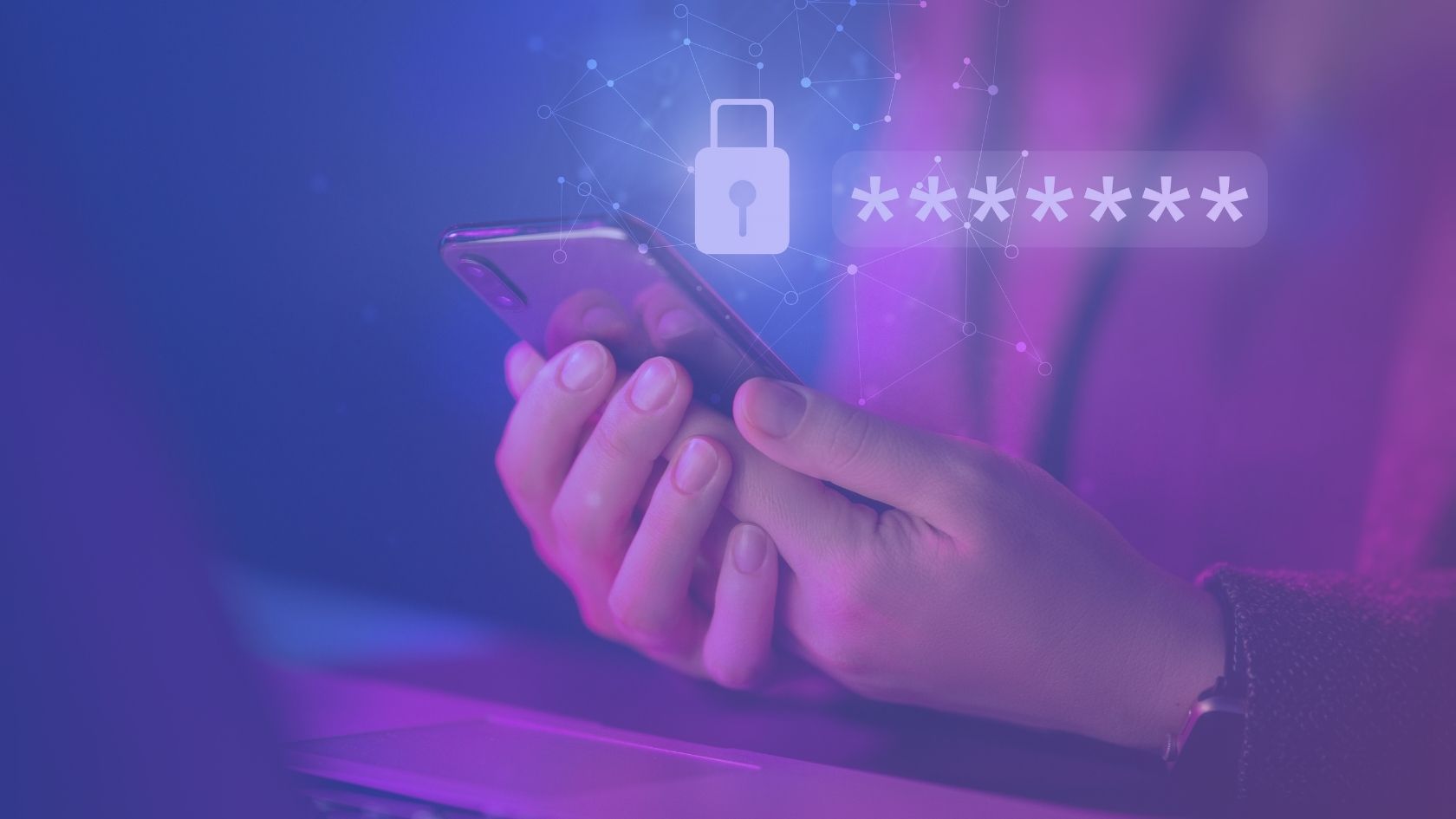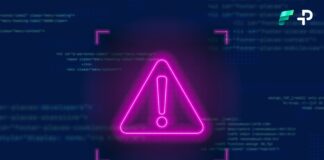In our ever-evolving digital age, cybersecurity has become a major concern for individuals and businesses alike. With sophisticated cyber attacks on the increase, it is essential to educate ourselves about cybersecurity and choose the right cyber solutions to protect our data and identity online. This article provides an in-depth guide to the different cyber solutions available, to help users make informed decisions for optimal digital protection.
Key Types of Cybersecurity Solutions
Network Security
Network security solutions protect your company’s digital infrastructure against external and internal threats. Firewalls, secure routers, and intrusion detectors are examples of solutions that monitor and control network traffic, blocking unauthorized connections and suspicious behavior.
Endpoint Security
Endpoints, such as laptops, smartphones, and tablets, are the targets of choice of cybercriminals. Endpoint security solutions, such as anti-virus and mobile device management (MDM) systems, offer real-time protection against malware and enable centralized management of devices connected to the corporate network.
Data Security
Data security is essential for preserving the integrity of your company’s confidential information. Understanding your specific data security needs is crucial for implementing effective solutions. Data encryption, data loss prevention (DLP) solutions, and backup and recovery mechanisms are essential elements of data security. They provide a comprehensive approach to protecting sensitive information.
Application Security
Businesses must ensure their applications are fully secured to prevent hacking. To achieve this, leveraging application security tests, web application firewalls (WAFs), and robust identity management systems is essential.
Security Training and Awareness
Employee security training and awareness are as crucial as technical solutions. Human errors, like falling for phishing scams or using weak passwords, can result in security breaches. Regular training in IT security best practices can significantly mitigate the risk of attacks stemming from human error.
Combining these various cybersecurity measures and tailoring them to the business’s specific needs can create a robust and secure digital environment. This approach protects the company’s digital assets and ensures business continuity.
To safeguard your online devices and data, antivirus and anti-malware software are crucial first lines of defense against cyber threats. These programs detect and block malicious software, such as viruses and ransomware. Ensure you choose reputable solutions and keep them regularly updated for optimal protection. Additionally, to maintain your online privacy and ensure compliance with data protection regulations, using a Virtual Private Network (VPN) is highly recommended. A VPN creates an encrypted tunnel, masking your real IP address and encrypting your internet traffic, enabling you to browse anonymously and securely while controlling access to sensitive data.
To further enhance security, consider implementing a password manager to generate and store strong passwords securely under a master password. Additionally, prepare for the unexpected by regularly backing up your data. This practice ensures that your information is safe and can be recovered in case of incidents like ransomware attacks or hardware failures. Implementing these features helps in meeting cybersecurity compliance and effectively managing security needs across all devices and access points.
How to Choose the Best Cybersecurity Solutions for Your Business?
With a clear understanding of how to strengthen your defenses, it’s time to explore and select the best cybersecurity solutions available on the market. Combining multiple cybersecurity measures is recommended for optimal protection.
So, how do you make the right cybersecurity choice?
When selecting the right security solutions for your business, consider these important criteria:
Fitting Your Business Needs
Each organization possesses unique security requirements shaped by its industry, scale, operations, and IT infrastructure. It is crucial, therefore, to select solutions that can be precisely customized to meet these diverse needs. For instance, a financial institution might implement an identity and access management (IAM) system to effectively manage access to sensitive IT resources and information.
Sophistication and Complexity of Threats
Make sure the cyber solutions you select can detect and mitigate the most advanced and sophisticated threats. Given the rapid evolution of technology, it’s essential to deploy security solutions that can effectively combat emerging cyberattacks and protect against every possible threat.
Seamless Integration and Centralized Management
Choose solutions that seamlessly integrate with your existing infrastructure and provide centralized management capabilities. This simplifies security operations and enables effective monitoring of your company’s entire digital environment. It’s important that these tools also offer easy access for administrators.
Performance and Operational Efficiency
Consider the impact of security solutions on the performance of your network and systems. Avoid solutions that are overly resource-intensive, as they could impede employee productivity. Opt instead for high-performance options that ensure seamless business operations. For example, antivirus and anti-malware tools that consume excessive resources might slow down IT systems, leading to decreased productivity among employees.
Compliance and Regulations
If your business operates in a regulated sector, it’s essential to verify that the selected security solutions align with specific compliance requirements. This includes meeting standards such as GDPR (General Data Protection Regulation) or industry-specific regulations. Ensuring compliance is critical to avoiding fines and penalties.
Technical Support and Updates
Effective IT security demands ongoing monitoring and frequent updates to address emerging threats. Ensure that your chosen solution providers offer robust technical support and consistently deliver timely security updates. This will help in maintaining compliance and keeping the tools effective against new threats.
Cost and Return on Investment (ROI)
Carefully compare the costs associated with acquiring, maintaining, and upgrading different security solutions. Also, evaluate the potential return on investment by considering how effectively each solution can prevent financial losses due to cyberattacks. Investing in cybersecurity services can offer significant savings by preventing costly breaches.
Protecting our online information is a responsibility that demands serious consideration. By choosing the right cyber solutions—such as effective antivirus and antimalware software, implementing a VPN for enhanced privacy, and more—we can significantly enhance our digital security.
Always keep your software up to date, stay vigilant against suspicious emails and links, and educate your employees on security best practices. Taking these proactive steps will better prepare you to mitigate online threats and enjoy a more secure and peaceful digital experience.






